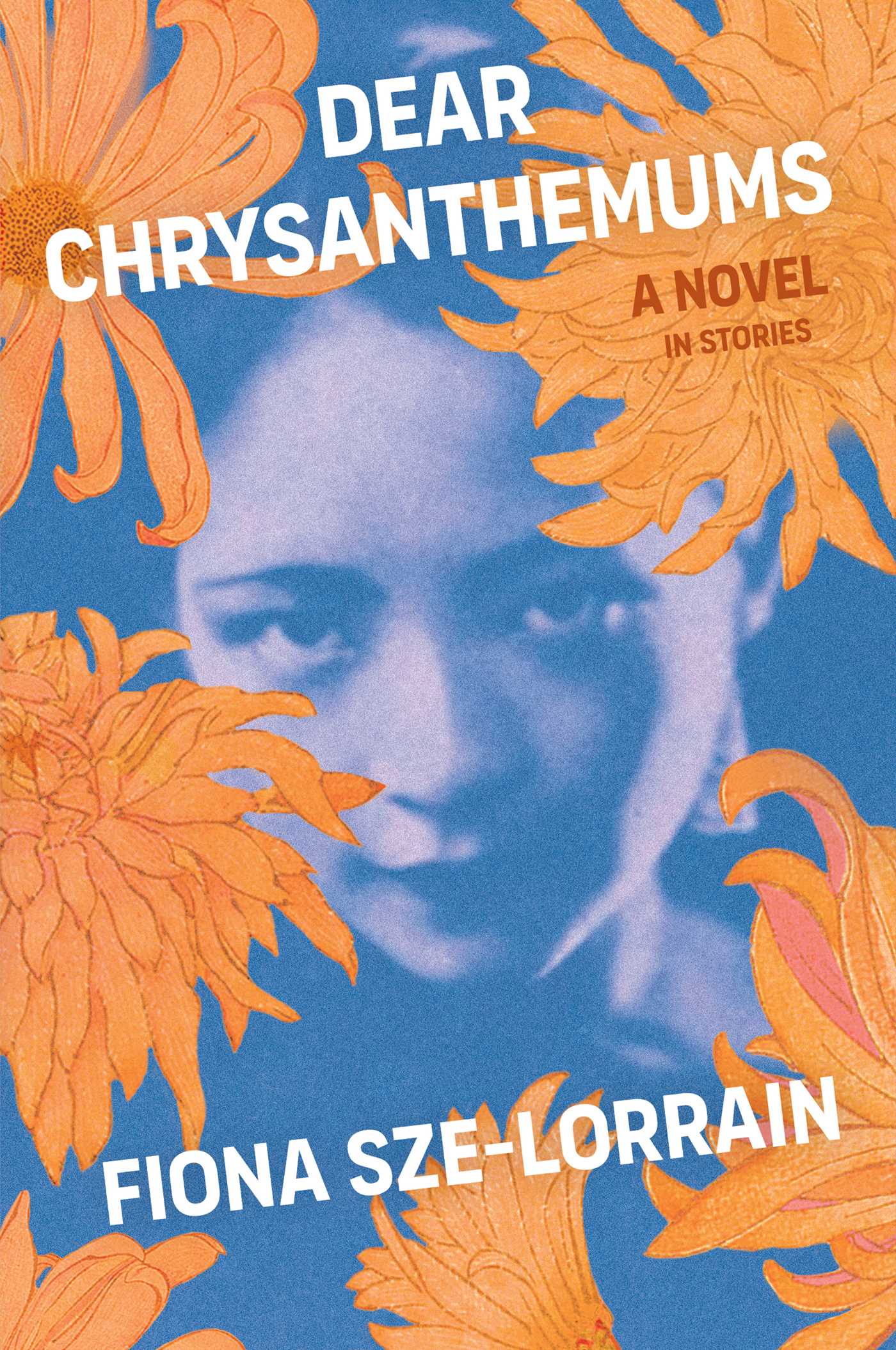by Brian Hioe
語言:
English
Photo credit: Book Cover
DEAR CHRYSANTHEMUMS, by Fiona Sze-Lorrain, is a well-crafted set of stories set during various points in modern Chinese history.
The short story collection has a particular focus on moments of turmoil in the last century, from a female perspective. The specter of the Cultural Revolution hangs over a number of stories, for example, while some of the later stories deal with more recent events such as the Tiananmen Square Massacre or the Umbrella Movement.
Some of the stories stand out because of their creative premises. “Cooking for Madame Chiang,” for example, is distinctive because of its twist ending. “The Invisible Window” is less elaborate, but has a unique take featuring three Tiananmen Square Massacre survivors meeting in a chapel in France. Sze-Lorrain experiments with the epistolary in “Back to Beijing,” again concerned with the subjectivity of post-Tiananmen survivors.
This all comes to a head in the final short story, the titular “Dear Chrysanthemums.” This is where Sze-Lorrain tries to pull together the different strains of her narrative, through one short story that encompasses the other ones. Sze-Lorrain is to be praised for the experimentalism in trying to synthesize together the short story collection into a cohesive whole in this way.
Sze-Lorrain takes a humanistic lens to her characters, though in many cases, this is clearly a form of looking back into history from the present. Likewise, there is a clear diasporic perspective that can be felt from the work–one notes that most of the referents in the short stories are writers or political figures well-known in English. As such, the short stories are more an imagined version of the past, rather than a recreation of history.
Either way, Sze-Lorrain is to be praised for her ornate, intimate collection of short stories. Sze-Lorrain has a gift for capturing distinctive voices, and this shines through in all of her characters. If none of the stories are exactly aimed at being purely character-driven or serving as character studies, given the strong presence of overarching Chinese history in them, they still conjure a number of reflective moments.



